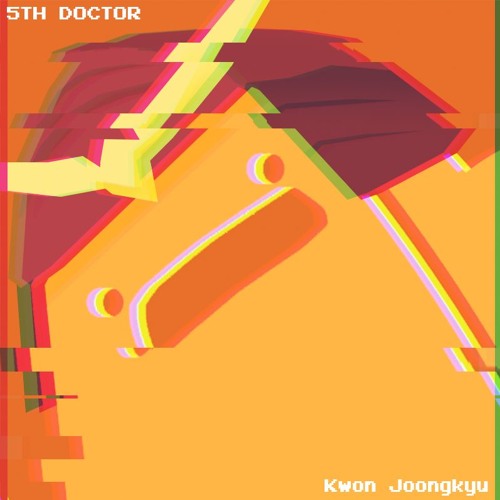

But now I can see that a lot of my patients are younger people.įaith: Can, can you give us a sense of what most American adults’ relationship with sleep looks like? Like how much are they getting?ĭr. They have restless legs for whatever underlying reason. We were treating more straightforward sleep disorders, meaning they develop sleep apnea. Krieger: Yes, because when I started doing this 25 years ago was when I started having, my sleep clinic patients coming in. So if we carve in a little bit of time, just even 10, 15 minutes a day just to go through that list and reprocess, we start trusting ourselves that we have dedicated time to organize those thoughts, and then we’re able to, when you go to sleep, to then almost bypass that kind of monkey brain situation and then go straight into sleep without feeling that anxiety.įaith: I think I know your answer, but I’ll just ask it: Are, are we Americans getting good sleep on the whole?ĭr. Like all the things that to do, whatever it is, shopping, food, whatever else is part of our life that we couldn’t fit in. So when they hit the pillow, the mind goes crazy. One interesting aspect that I noticed in a lot of patients is the fact that the day is so busy that they don’t have time to mentally decompress.

Whatever thought comes into your head, you can write it down as a bullet point.Īnd then the next day you take that list and you take perhaps 15 minutes, let’s say, around this time of the day to go through the list and process. Sometimes I even tell, don’t even turn on the light. So we do often recommend this worry list, let’s say, right? So if people have all this rumination at night, they can leave a piece of paper and a pen. Krieger: I love it and scientifically that has been proven to help. That was me snapping at my brain and, and I, and I scribble it down on the counter, and as soon as I know that’s there, I’ll see it in the morning. People may get more irritable if they don’t sleep, and we see that in kids, right? When kids are sleep deprived, they are able to demonstrate that rather quickly.įaith: Have you been in my apartment lately? I have a list I keep on the kitchen counter that at night there’s probably five things that I think of, oh yeah, I need to do that tomorrow. First of all, my patience goes out the window and then I start to feel sad.ĭr. So when we break sleep, we not only interfere with that self-cleansing process that the brain needs to go through, but we also interfere with several other hormonal functions in our body.įaith: And there’s mental health aspects, right? I actually feel sad when I don’t get enough sleep. So the brain has to not only rebuild the energy we need to train, we need to be busy during the day, but we need that break, that interruption to allows that self-cleaning process to happen. We don’t think about that, but we breathe so we can take in oxygen and we release the acid that our body is producing the same way the urine reduces all the toxins that we’re breaking down, breaking in the liver, it can come out in the urine. Krieger: Exactly, and, and we have many cleansing processes in our body through breathing, right? We cleanse, we release acid when we breathe out. So sleep is necessary not only to restore the energy balance in the brain, so during the night, the brain kind of cleanses itself from all the toxins that may have accumulated during the daytime work.įaith: Our brains cleanse toxins? That’s fascinating.ĭr. What we’re looking at, what we’re thinking, what we’re speaking, our physiology of the body, learning new information, performing tasks. Krieger: What we know is that during the daytime, our neurons, which are the brain cells, are very active, coordinating everything that we do. This is very exciting.įaith: Why do we sleep? And why is it so important?ĭr.

Krieger, thank you so much for coming on the show.ĭr.
One last shift rhythm doctor how to#
Ana Krieger, a sleep medicine expert at NewYork-Presbyterian and Weill Cornell Medicine, to better understand just why sleep is so vital, how to make it a top priority, and to find specific steps we can take each day for a better night’s sleep.įaith: Dr.

And yet, amid a hectic schedule, sleep is often the first thing to go, despite being one of the keys to our health. And we’ve also felt the irritable, groggy feeling when that doesn’t happen. We all know the feeling of a good night’s rest. Welcome to Health Matters – your weekly dose of the latest in health and wellness from NewYork-Presbyterian.


 0 kommentar(er)
0 kommentar(er)
